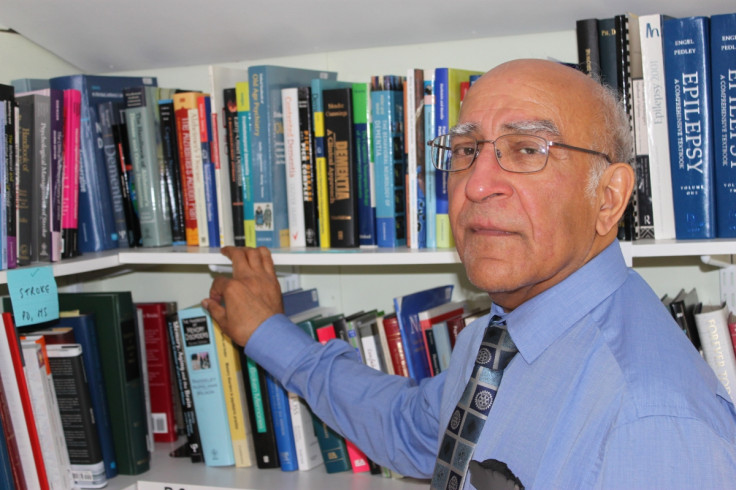NHS whistleblower Narinder Kapur tells Indian doctors to stay away from 'Stalinist' UK system

NHS whistleblower Narinder Kapur has cautioned Indian doctors and nurses from coming to work in the UK due to what he believes is an "biased and corrupt" system. In 2010 Kapur was unfairly dismissed from his role as head of neuropsychology at Addenbrooke's hospital in Cambridge, resulting in him suffering serious financial problems and having to sell his home in Southampton.
In 2012 an employment tribunal ruled that the Cambridge University hospitals NHS foundation trust had "not conducted itself as a reasonable employer" due to not exploring alternatives to firing Kapur. He said he lost roughly £1m ($1.4m, €1.2m) because of the incident, which arose after he raised concerns about staff shortages and unqualified staff working without proper supervision, resulting a breakdown of relationships with a manager. The tribunal ruled that accusations of fraud against Kapur to be unfounded and referred to him as a man "of the highest integrity".
Speaking exclusively to the IBTimes UK, Kapur said: "Once you start raising lots of concerns and you point out bad practice, they see you as a troublemaker. They want to get rid of you, and once they decide to get rid of you, that's it. They didn't hesitate in telling lies about me; it was just horrible. They go out of their way to finish you off and have no mercy."
Kapur said that the Indian government had failed to look into the issue, making him question the use of having an 'Overseas Citizen of India' card if his government did not take on his concerns. He said he had hoped Prime Minsiter Narendra Modi and the Indian High Commission in the UK would have been more helpful with his situation.
The neuropsychologist explained that when British-Indians suffered, people in India suffered too. He pointed out that many Indians in the UK send money back to their families, but if are victimised in the work place they are no longer able to do this. He also said that all the charity work he did for India was badly impacted by what happened to him in 2010.
"I would say to Indian doctors and nurses in India: think twice before you come here," Kapur warned. "It's a horrible system and unless they change it I wouldn't advise them to come. It's definitely biased against minorities, especially if they raise concerns."
In order to combat the targeting of British-Indian medics, the British Association of Physicians of Indian Origin (BAPIO) have decided to set up a special body to help whistleblowing Indian doctors who face victimisation. The organisation has a long history of fighting for the rights of British-Indian doctors, including a successful case in 2005 where 15,000 Indian doctors were removed from their posts to give priority to local doctors.
Ramesh Mehta, president of BAPIO, explained that 10-15 Indian doctors are being trained with negotiation skills that will enable them to mediate between whistleblowing doctors and management staff to ensure the elimination of any "unconscious bias".
For those Indians doctors who are looking to work in the UK, Kapur cautioned: "If doctors or nurses want to come over from India to work in this country, they've got realise that they're coming to a Stalinist system. If they don't like you, they get rid of you. We're not asking for anything special, we're just asking for fairness to ensure that this suffering doesn't happen. It's happening all the time. It's happening to white people as well, but it's happening to BME [black and minority ethnic] people more."
© Copyright IBTimes 2025. All rights reserved.






















